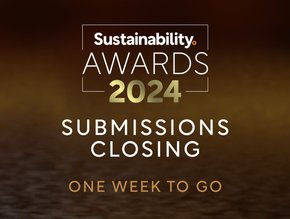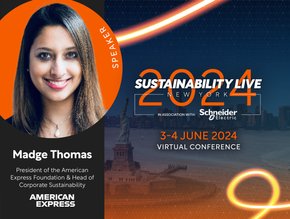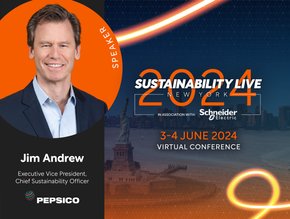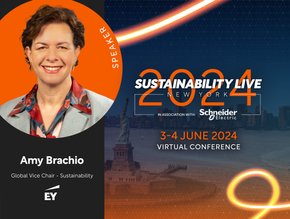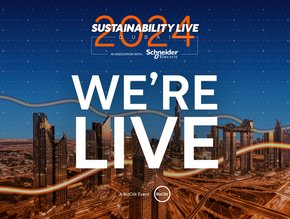S&P Sustainability Yearbook: Amcor’s promise for packaging
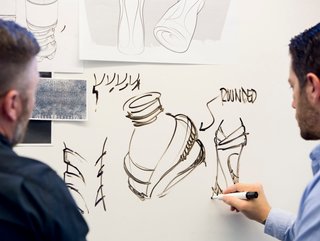
Not so long ago, S&P’ Global’s Sustainability Yearbook was published, recognising the companies it deems most committed to the cause. Looking at the past years of challenges and their responses to those in both the short term and the long term, S&P is seen as a global body that pinpoints the authorities in this area.
With that, a key packaging innovator Amcor was up there in the list, positioned as one of the top 8% of the ‘most sustainable companies’.
“We are honoured to be again recognised in the S&P Global Sustainability Yearbook,” the VP of Sustainability David Clark said.
This humble comment understates the extensive efforts at Amcor to deliver responsible packaging, which is at the core of its business. As the company’s CEO Ron Delia says in the Amcor 2023 Sustainability Report: “What we achieved thus far and are committed to achieve in the years to come fills us with optimism and pride. The future of packaging is here and we at Amcor are ready to lead the way”.
While we look at the achievements of Amcor, we can also visualise the benefits of its core principles and actions to influence its holistic packaging cycle.
Amcor influences sustainability through circularity
The driver for Amcor is circularity, which is recognised as the necessary model for packaging innovators worldwide. As the business aims to deliver packaging that can be infinitely cycled through reuse, recycling and remanufacturing, the acts of organisations in its supply chain play a key role in enabling this.
Assessing the supply chain
Starting with the supply chain, Amcor set about sourcing materials sustainably from 36,000 suppliers around the globe. Leveraging EcoVadis supplier scoring mechanisms, the business was able to assess the work for 76% of its suppliers to ensure compliance with its strategy.
Within this process of assessing its supply chain, Amcor also certified 92% of its procured fibers to an external sustainability standard and purchased 331,000 metric tons of biomaterials. Injecting sustainably sourced materials into its products not only feeds into the design efficacy of its goods, but also sets a precedence from the beginning of the ‘cycle’, enabling a much smoother transition to responsibly sourced packaging.
The ripple effects of circular design and innovation
The earlier the implementation of a circular economy, the more effective it will be. Amcor recognises its position in the packaging cycle as it incorporates (as mentioned above) biomaterials into its designs.
Packaging innovation has evolved in recent years as organisations like Amcor become less dependent on single-use materials and make their products recyclable. The composition of packaging, however, plays a significant role in a number of areas like the energy required to break down and reuse them. Factoring this into the design stage allows manufacturers like Amcor tio influence the energy expelled in the recycling process.
Moreover, making packaging with bio-based material gives peace of mind, factoring in the risk of these ending up in landfill.
Increasing renewable energy inputs
Amcor also has its own footprint to consider, which is where its transformation of manufacturing and transition to clean energy come into play. The company has seen a 10.2% reduction in greenhouse gas (GHG) emissions compared to its previous report. In terms of renewable energy purchasing, this has increased by 244% compared to its previous year’s figures.
When looking at this part of its ‘2023 at a glance’, something worth noting is that renewable energy doesn’t automatically make an organisation sustainable.
Over the years, the source of energy became the focus for many businesses, but the real figure to consider is the number of emissions from acquiring energy. For example, a wind turbine may produce electricity with zero emissions, but the operations and maintenance involved may contribute carbon.
This is where Scope 3 emissions become a greater metric for analysis. To understand the impact of the supply chain means to uncover the impact of each supplier, albeit one that offers a sustainable product or service.
For more insight into Amcor’s achievements, read the full Sustainability Report.
*******************
Make sure you check out the latest edition of Sustainability Magazine and also sign up to our global conference series - Sustainability LIVE 2024.
*******************
Sustainability is a BizClik brand.

